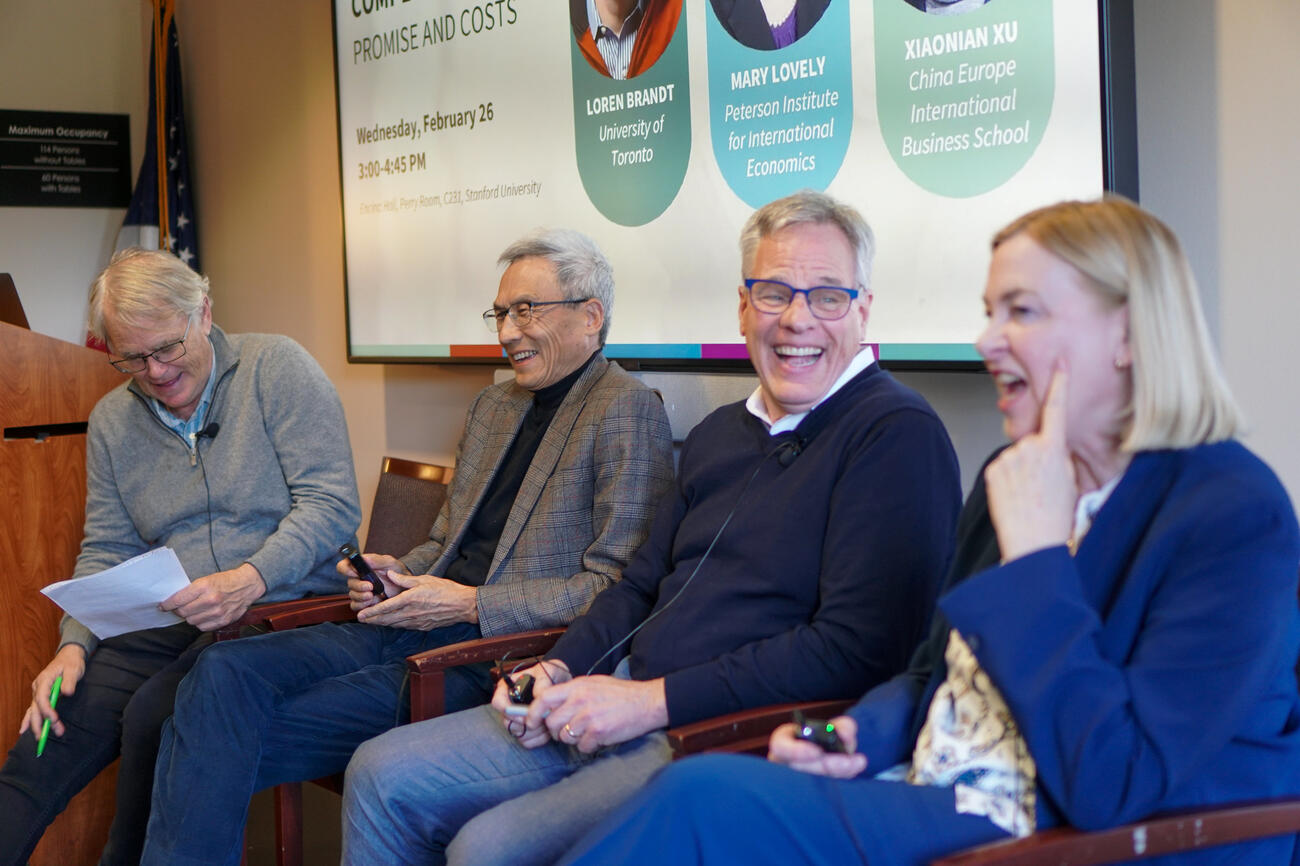McGill University Professor of Political Science Juliet Johnson unpacked how central banks use their own museums to support the ‘stability narrative’ and promote confidence in financial institutions. She discussed her research in a recent REDS seminar co-sponsored by CDDRL and The Europe Center.
Central banks may be unique among government bureaucracies because of their investment in their own museums. Central banks focus on public outreach because monetary systems depend on collective belief in the value of money, as it is one of the most essential social contracts upon which modern society is built.
Museums can be effective instruments for improving faith in money and financial institutions. Visitors are unusually receptive to learning from museums because museums are often viewed as neutral, trusted guides. The number of central bank museums has increased significantly over the last two decades, and some get many visitors yearly. The Museum Bank Indonesia has an impressive 10,781 Google reviews and a 4.7-star rating.
The nearly 60 central bank museums that focus on economic education (in addition to numismatics and/or art) promote what Johnson calls the stability narrative, which is that central banks can maintain the value and security of money, represent the nation, and have become progressively more effective over time.
Through interactive exhibits and games, these museums aim to teach visitors that the central bank is needed to fight the evils of inflation. For example, the Bank of Finland museum has a display that features a green inflation monster to convey this sentiment. They use the exhibits to emphasize how people can be personally affected by inflation and, in many cases, to explain why maintaining a 2% inflation rate is ideal for protecting the value of money.
Central banks convey a sense of security to visitors through exhibits about detecting counterfeit money, regulating banks, and displaying their wealth, such as with gold bars. They tie their work to national pride through art displays about national heroes depicted on currency and by relating their work to prominent historical events. Through visual timelines, they convey how central bankers have learned from past mistakes and solved problems, making them more equipped to continue ensuring the stability of our financial system.
The rise of central bank museums exhibits the importance of improving public confidence in money and the financial institutions that control it, legitimizing an essential aspect of our society.






























